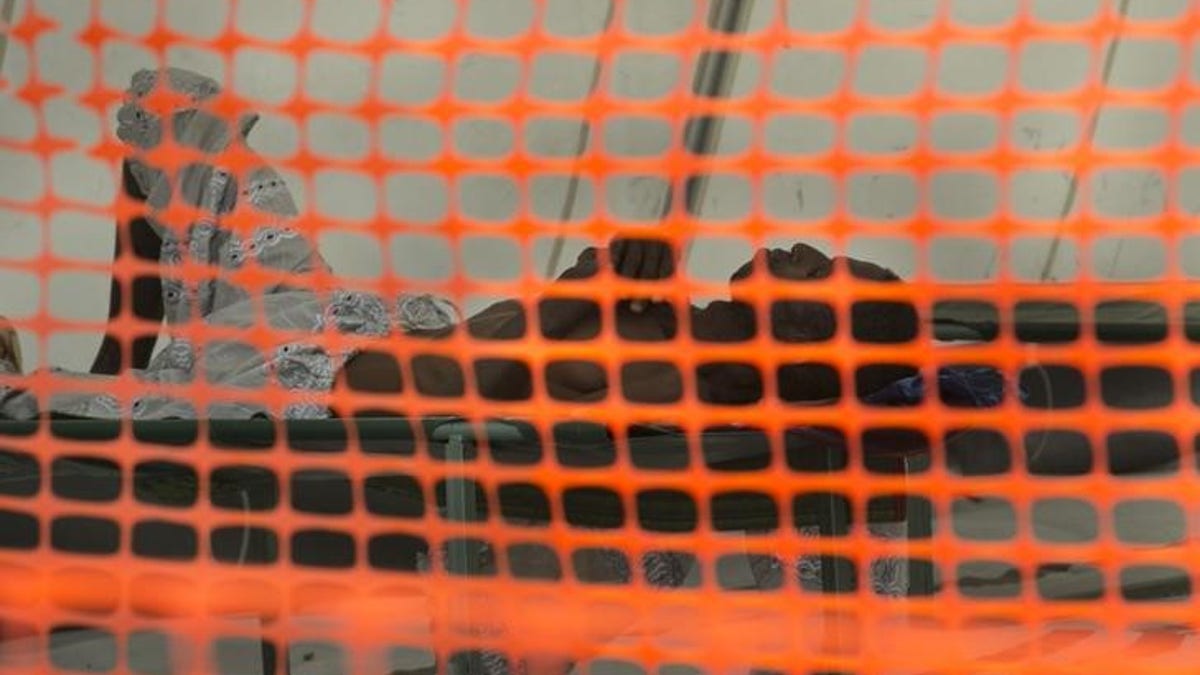
A suspected Ebola patient lies inside a quarantine zone in a Red Cross facility in the town of Koidu (Copyright Reuters 2016)
DAKAR – A recent flare-up of Ebola in Sierra Leone is over after no new transmissions of the disease were detected in the West African country, although the virus could resurface at any time, the World Health Organisation said on Thursday.
Sierra Leone has had no new cases of the virus for 42 days, the WHO said, twice the length of the virus's incubation period - the time that elapses between transmission of the disease and the appearance of symptoms.
The WHO said it marked a milestone in the fight against Ebola, which has cost the lives of more than 11,300 people since 2013 in Sierra Leone, Guinea and Liberia, in the world's worst recorded outbreak of the disease.
But it said that more flare-ups are possible because the virus can persist in the eyes, central nervous system and bodily fluids of some survivors.
"Strong surveillance and emergency response capacity need to be maintained, along with rigorous hygiene practices at home and in health facilities and active community participation," WHO said in a statement.
Sierra Leone was first declared free of Ebola transmissions in November before tests revealed one woman had died of the disease in January, the same week that the WHO had declared the region free of new transmissions of the virus.
The case of Mariatu Jalloh, a female student, displayed how easily Ebola can return if precautions are not taken and patients do not seek quick medical attention.
Jalloh had traveled across the country and come into contact with dozens of people after contracting the illness. Family members washed her corpse after she died, considered dangerous since the virus is contagious for days after death.
Residents and authorities remain on edge across the region, though in many areas procedures to combat Ebola remain lax, experts say.
At least three people from the same family have died in recent weeks from diarrhea and vomiting in a remote village in southeast Guinea, raising further concern about the disease spreading again.
"There is in the same family a woman who died on 29 February and husband a week later. Their child died yesterday," said Fode Tass Sylla, spokesman for the National Coordination of the fight against Ebola in Guinea.
Sylla said that it was unlikely that Ebola had caused the deaths because otherwise more would probably have been infected. He is waiting for test results from the child.
Still, he was concerned that the bodies were not buried safely and the alert was not raised soon enough.
"In principle, we should not have two deaths in a family without the alert is given," Sylla said. "This is why everyone is mobilized to clear up this matter."








































